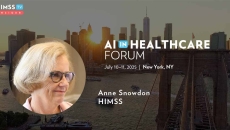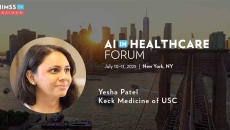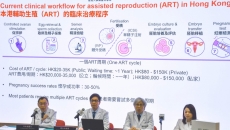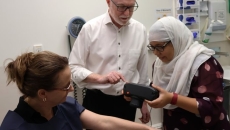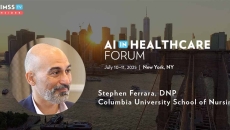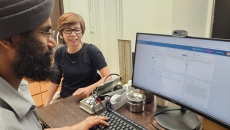Analytics
The pair will expand Abridge's generative AI clinical documentation platform across the health system’s providers after a successful pilot.
Anne Snowdon, chief scientific research officer at HIMSS, says while there are many reasons why AI is more readily adopted by other sectors, the central one is that in healthcare, lives are at stake.
John Yount, chief innovation officer at FinThrive, discusses ways AI can eliminate inefficiencies and better reduce revenue leakage that typically stem from errors, delays and missed opportunities for reimbursement.
Keck Medicine of USC data scientist Yesha Patel says that the ideal AI tool implementation strategy depends on what the organization is trying to solve, whether there is in-house expertise, the long-term vision and other factors.
HKUMed researchers develop an AI model that automates sperm fertility assessment for assisted reproduction.
The AI, integrated into a hand-held point-of-care device, demonstrated 94% diagnostic accuracy.
Columbia University Associate Dean of AI Stephen Ferrara, who is past president of the American Association of Nurse Practitioners, says getting buy-in requires building AI literacy and educating nurses on "what AI can do, and what it can't".
The company plans to expand partnerships with health plans and employers to provide more individuals with digital twin technology designed to improve metabolic health.
After pilots in Singapore and Australia, AIGP Health targets Indonesia and Malaysia for expansion.
Dr. Doug Fridsma, former ONC chief science officer and current chief medical informatics officer at Health Universe, discusses GPT-5, including HIPAA compliance, FDA oversight and potential risks for patients uploading healthcare data.
